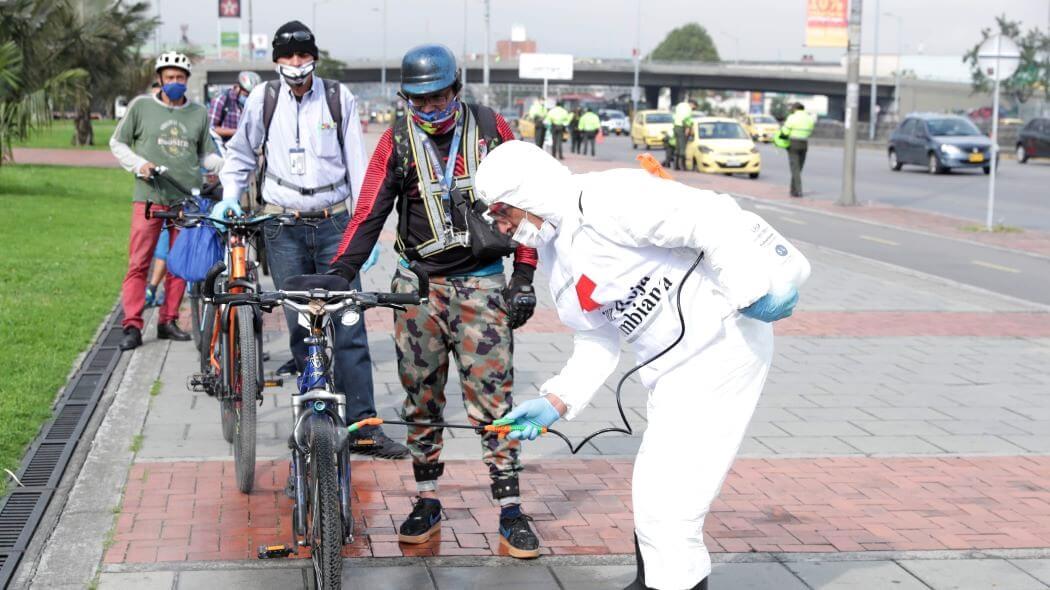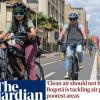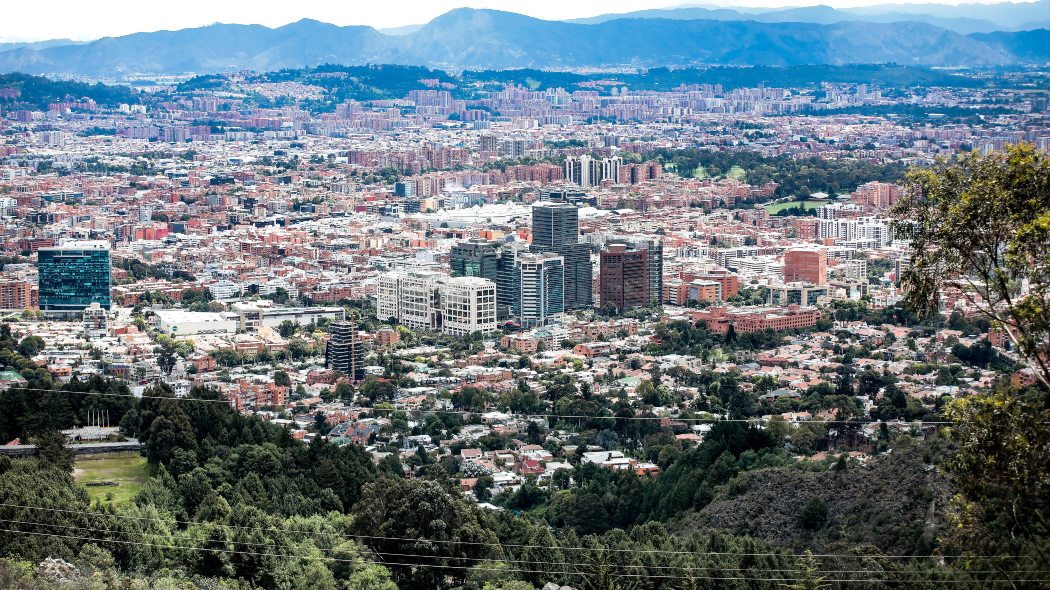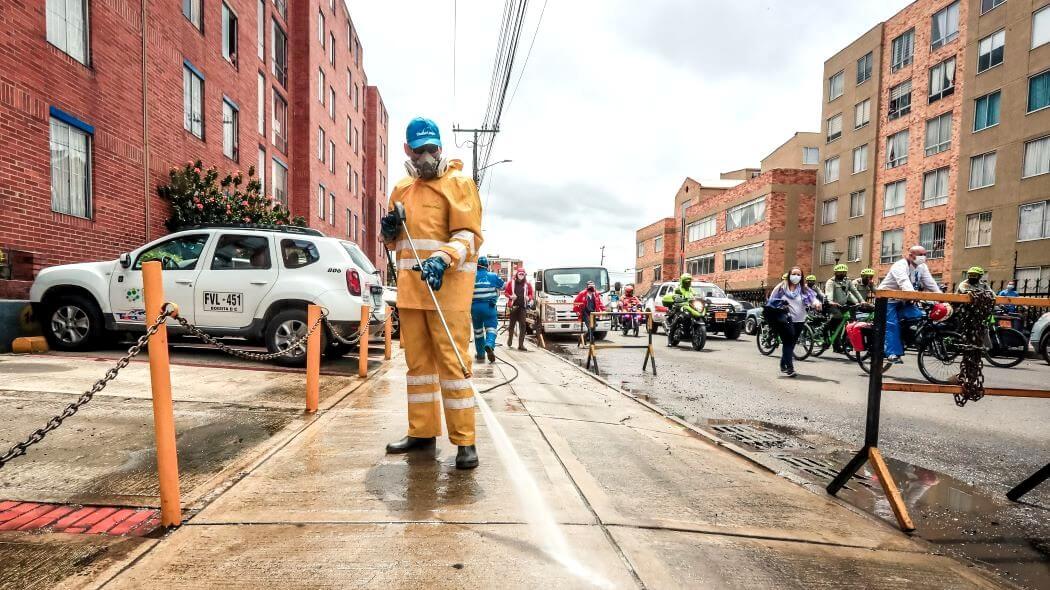The world is reopening its cities, working places, schools and shops in an atmosphere of exceptional uneasiness. The Coronavirus pandemic is still raging communities and according to scientists is far from disappearing. In this context, governments and experts are struggling to find ways to face the economic downturn and preventing health care systems from collapsing. Meanwhile, others wonder if it will be desirable to recover normality as it used to be.
Solutions to the crisis are less likely to be found amongst the world´s superpowers which have shown their irresponsibility at dealing with the pandemic. On the contrary, it seems that smaller countries such as Costa Rica, New Zealand and Taiwan have been far more successful at fighting the pandemic. That is why Bogota, Colombia´s capital’s experience could be an interesting case study for public policies in the post Covid-19 era.
This city is one of the most populated of Latin America with more than 7 million inhabitants and is currently led by Claudia López, the first woman to be elected and the first mayor from a Green Party. One of her priorities is the fight against the climate crisis and the promotion a new social and environmental contract in order to implement the Sustainable Development Goals (SDGs). However, for this highly popular leader the pandemic became a fierce challenge. Running one of world’s most unequal cities, Mrs López had to reengineer her plans in order to face the social and economic side effects of a prolonged lockdown. The solution was original, Bogotá´s environmental contract became both an instrument to reactivate the city´s economy and a tool to mitigate climate change.
First, economic recovery is set to be achieved by generating jobs through a package of environmental and social infrastructure projects. This strategy mirrors Franklin Roosevelt’s social and economic reforms in response to the Great Depression and exemplifies the aims of the contemporary Green New Deal movement promoted by European environmentalists and by leaders such as Noam Chomsky and congresswoman Alexandria Ocasio Cortez in the US.
For example, the city began developing a multi modal transportation system based on renewable energies and composed by an elevated metro and two regional trams. In addition, the city began the expansion of its 500km cycling network with the construction of 7 new cycling routes. This project comes along with a Technology Transfer Fund directed towards industry and transportation logistics. This new transportation system will operate 24hr-hour in order to lower the demand and guaranteeing social distancing as a way to mitigate Covid-19 and future pandemics.
Another source of green jobs is the Bogotá river decontamination program. This plan includes: sanitation of 4 tributary rivers, activation of a lift station and the construction of 2 wastewater treatment plants.
In addition to these plans of environmental infrastructure, Mrs López´s social contract contemplates strengthening welfare and social services in the post pandemic scenario. That is why the city begun constructing schools, modernizing hospitals and most importantly, the creation of a guaranteed minimum income. Bogotá will be the first mayor Latin American city to apply such system of payments.
All this economic reactivation projects for the post Covid-19 scenario comply with the mayor´s conception to generate a new sense of normality. In López´s words:
‘‘It is impossible to readopt the kind of normality we were living in before the outbreak of the pandemic. That normality was based on social segregation, discrimination and destruction of nature. The new normality has to be based on redistribution and sustainable development.’’
To make way into this new normality, the city is integrating eco urbanism as a way to plan development in alliance with other territories of the region and in order to protect its main ecological structure. Consequently, a reforestation program is taking place together with the rehabilitation of 3,707 acres of the Thomas Van Der Hammen reserve, the world´s second biggest urban forest. Equally, 9 of the total 15 wetlands in the city are being recovered. These ecosystems are inhabited by endemic species.
Moreover, mayor López is promoting innovative solutions in order to preserve rural areas of the city in Chingaza-Sumapaz, the world´s biggest paramo network. This strategy includes the payment of incentives for environmental conservation to farmers who suffered from armed conflict and it helps preventing the expansion of agriculture. The application of this program will safeguard water supply for more than 15 million inhabitants and for future generations.
Overall, this Latin-American city is remarkably responding to the crisis generated by human actions on nature and other species. Its environmental and social contract is an application of the renown Green New Deal initiative. Bogotá´s alternative in the focal point of the pandemic is worth replicating.









